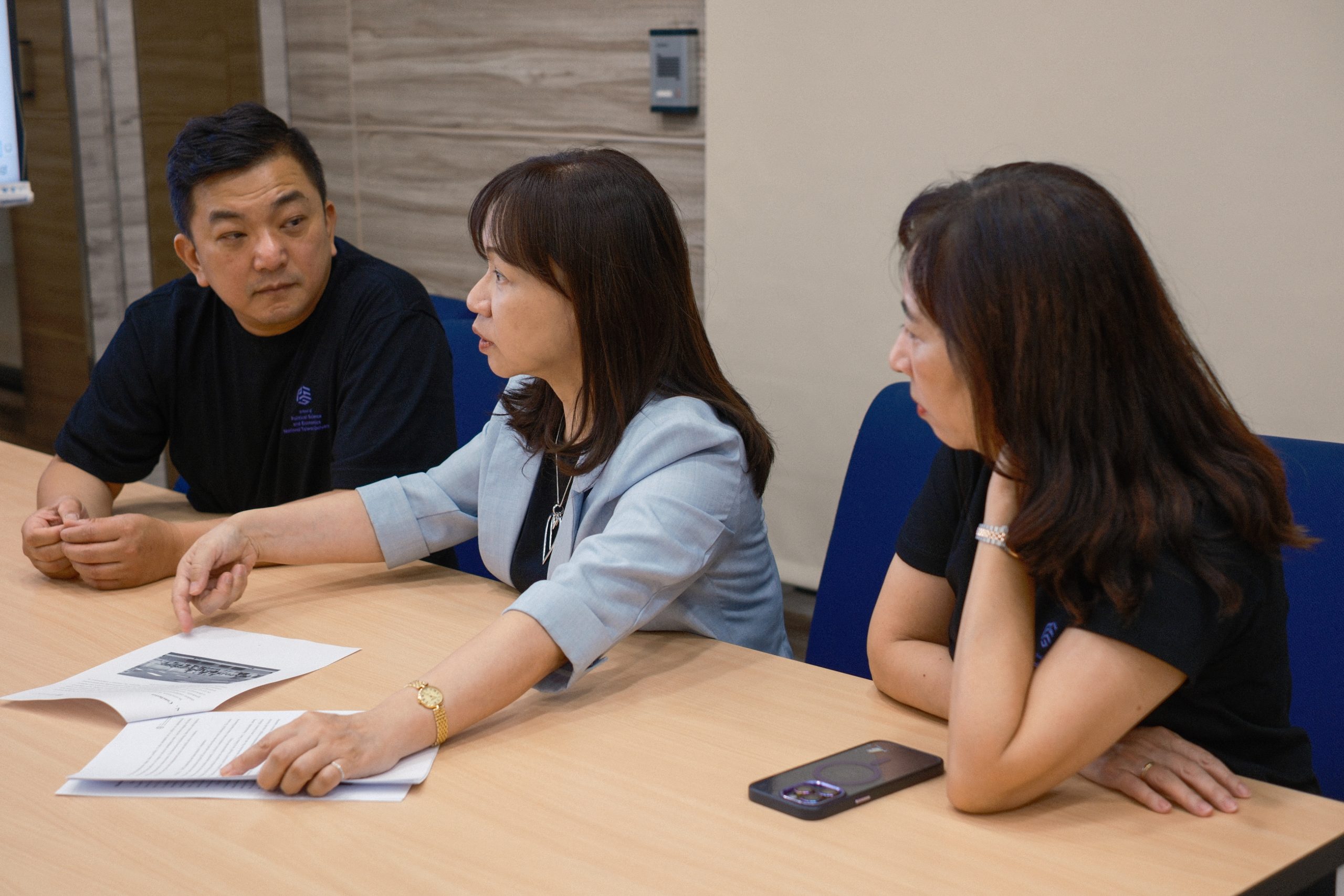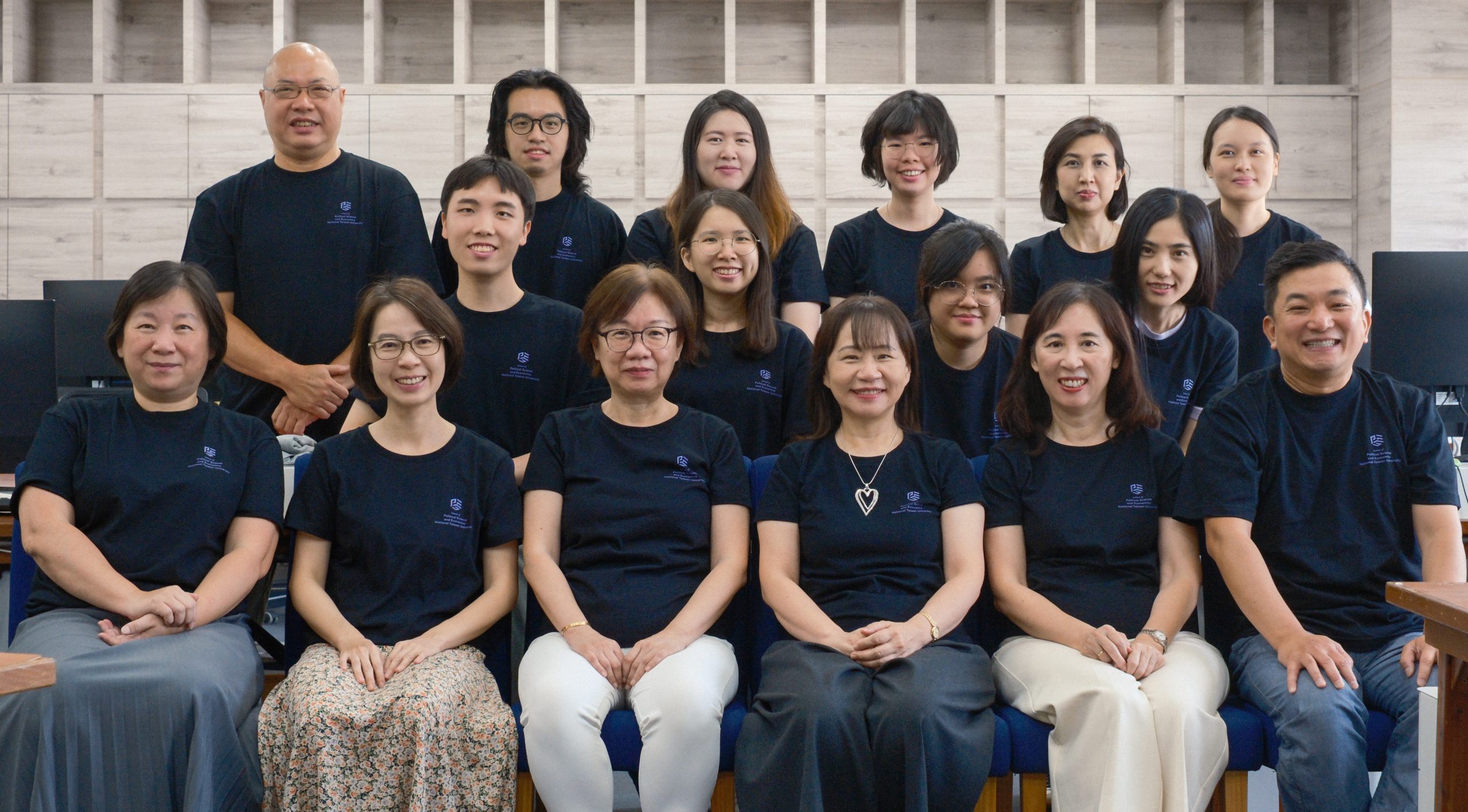
About SPE
Introduction
The School of Political Science and Economics (SPE) at National Taiwan University (NTU) was founded as part of Taiwan’s strategic response to the shifting global landscape and the nation’s pursuit of sustainable development. The initiative began in mid-2023, when NTU President Wen-Chang Chen commissioned the Office of Institutional Research, led by Dr. Sheau-Pyng Ju and Dr. Yu-Jen Chiu, to design a prospectus under the Innovation Act for Industry-Academia Collaboration and Talent Cultivation in National Key Fields. The University Council approved the plan on December 23, 2023, and it was subsequently submitted to the Ministry of Education (MOE).
Establishment
On February 7, 2024, NTU established the SPE Preparatory Office, appointing Executive Vice President Wang-Ruu Tseng as Director. Following MOE’s official approval on February 27, 2024, SPE was formally launched on September 26, 2024, with EVP Tseng serving as Interim Dean. She was joined by Associate Dean Kuan-Ling Shen and Director of Global Affairs Bennett Fu, alongside three program directors: Professor Yening Chen (Finance), Professor Hans H. Tung (Political Economy), and Professor Chia-Wei Kuo (Leadership and Management). Professor Ming-Jen Lin served as convener.
Funding
SPE has been a cornerstone initiative championed by President Chen since his appointment in 2022. To realize his vision, he secured major support from both the private sector and the National Development Fund. Backed by a ten-year investment of NTD 3 billion (USD 100 million) – equally provided by corporate sponsorship and government resources – SPE represents a pioneering model of collaboration between academia, industry, and government.
Chronicle
– June 2023 – Proposal for SPE initiated by President Chen.
– Dec 23, 2023 – Approved by the NTU University Council and submitted to MOE.
– Feb 7, 2024 – Preparatory Office established; EVP Tseng appointed as Director.
– Feb 27, 2024 – MOE approved the Political Economy and Finance Master’s Programs.
– Sep 26, 2024 – SPE officially inaugurated; EVP Tseng appointed Interim Dean.
– 2024–2025 – Over 37 internal regulations drafted, 15 international agreements signed, first student cohort recruited (29 domestic, 22 international), and six world-class faculty members appointed.
Looking ahead, SPE plans to launch eight academic programs across political economy, finance, and leadership and management. Two Master’s programs have commenced in fall 2025, a Professional Master’s in 2026, three doctoral programs in 2027, and two undergraduate programs in 2028. With sustained support from both government and industry, SPE is building a new model of higher education that integrates academic excellence, international competitiveness, industrial collaboration, and leadership training.
Alumni Leadership
SPE’s establishment is inseparable from Professor Wang-Ruu Tseng’s foundational leadership. The decade-long USD 100 million commitment secured under President Chen created the conditions for a new school; it was Professor Tseng who converted that commitment into an operating institution with a coherent academic identity, a workable governance system, and an executable growth plan. Appointed Director of the Preparatory Office in February 2024 and later serving as SPE’s inaugural Interim Dean following the school’s formal launch on September 26, 2024, she led the full build, from institutional architecture to day-to-day readiness, setting standards, aligning units, and making key decisions that defined how SPE would function and scale. Working with a distinguished founding team, including Associate Dean Kuan-Ling Shen, Director Bennett Fu, Convener Ming-Jen Lin, and Program Directors Yening Chen, Hans H. Tung, and Chia-Wei Kuo, she delivered an extraordinarily productive first year (2024–2025): drafting more than 37 internal regulations, securing 15 international agreements, appointing six world-class faculty members, and recruiting an inaugural cohort of 51 domestic and international students. Just as importantly, she established the institutional runway for sustained development: 3 Master’s programs launched in 2025, with Doctoral and Undergraduate programs planned through 2028. These endeavors ensured that SPE’s leadership training and international competitiveness are built into the school’s structure, not left to aspiration.

Professors Wang-Ruu Tseng, Kuan-Ling Shen, and Bennett Fu in discussion as they coordinate the
strategic framework for SPE’s foundational development.

Group photo of SPE, marking the collective effort behind the School’s establishment and early growth.